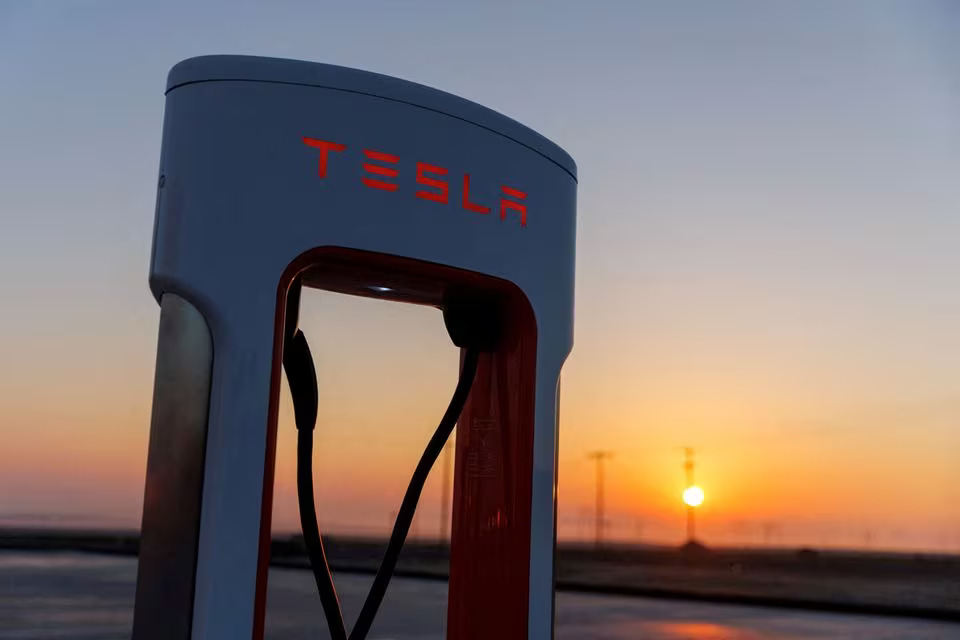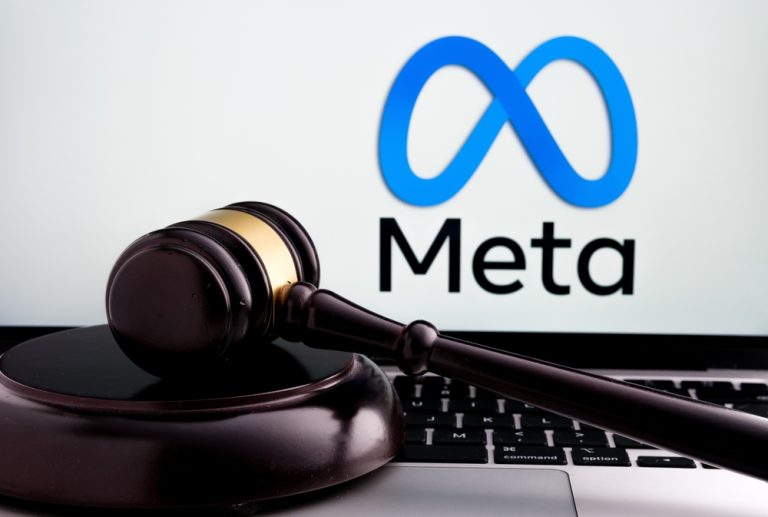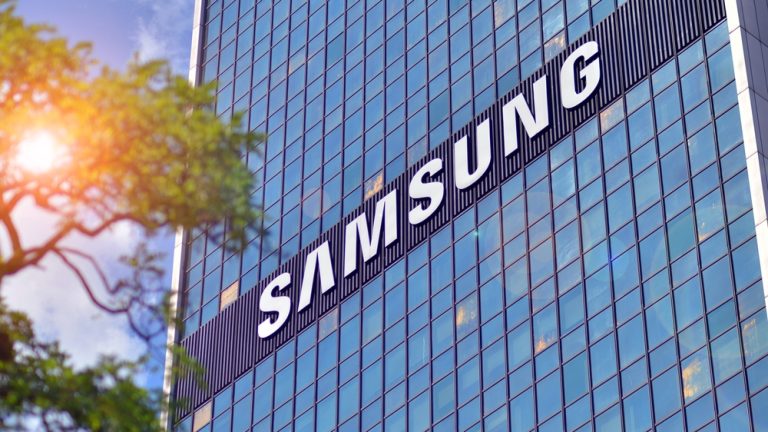In a landmark decision, a California state judge has paved the way for nearly 6,000 Black factory workers to bring a class action lawsuit against Tesla, the electric vehicle giant, for alleged racial discrimination and harassment within its Fremont plant. The ruling by California Superior Court Judge Noel Wise in Oakland underscores the serious allegations of a workplace marred by racial slurs, graffiti, and even nooses at the workstations of Black employees. The case, initially brought forth by former assembly line worker Marcus Vaughn in 2017, highlights a concerning narrative of Tesla’s failure to address and prevent racial harassment.
The core of the lawsuit revolves around claims that Tesla was aware of the misconduct yet refrained from taking corrective measures. “I think the numerous complaints over time show how Tesla failed to prevent racial harassment of its Black employees,” stated Lawrence Organ, Vaughn’s attorney, expressing optimism about the trial’s prospects. On the other hand, Tesla has consistently denied tolerating workplace harassment, asserting that employees found guilty of racial harassment have been terminated.
This judicial preliminary ruling intensifies the scrutiny of Tesla’s workplace culture and signals potential financial and reputational repercussions for the company as it faces a multimillion-dollar judgment. Furthermore, the timing of this lawsuit coincides with another trial involving similar allegations against Tesla, overseen by Judge Wise, and a separate federal case on race bias claims filed by the U.S. Equal Employment Opportunity Commission.
The developments in this case could set a significant precedent for how racial discrimination allegations are addressed within major corporations, particularly in the technology and manufacturing sectors. As Tesla braces for the upcoming trial in October and attempts to navigate through these legal challenges, the spotlight remains on its corporate responsibility and its measures to foster a discrimination-free workplace.
Tesla’s legal battles underscore a critical moment for the company and the broader industry as they navigate the complexities of ensuring a respectful and inclusive workplace. The outcome of this case may well influence corporate policies far beyond Tesla, prompting a broader reflection on workplace culture, diversity, and inclusion practices across industries.






















